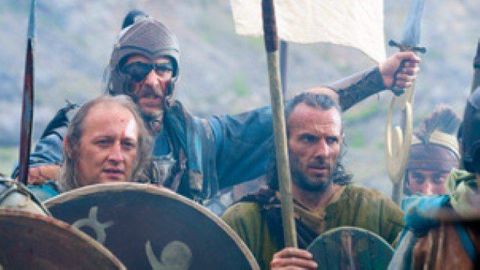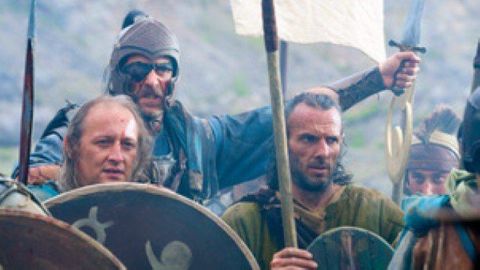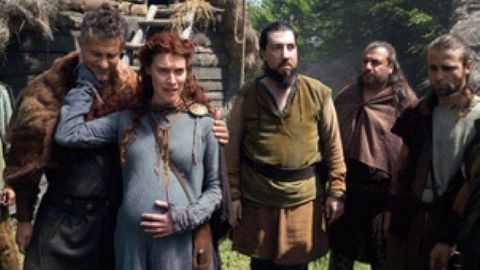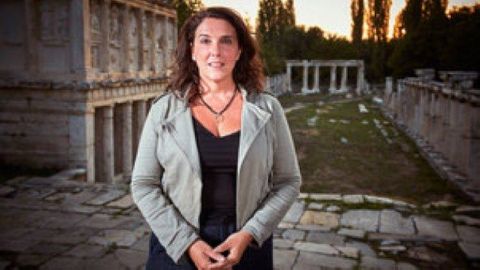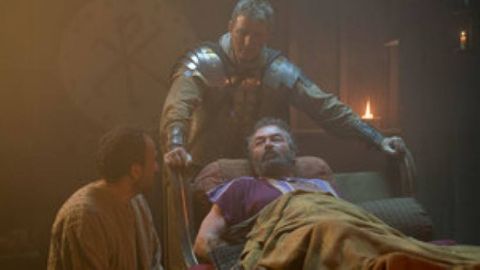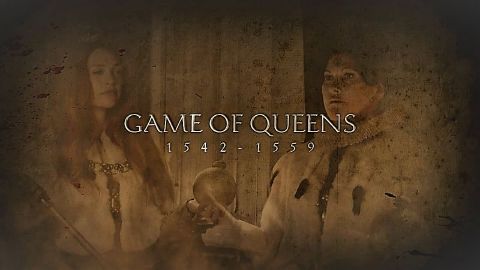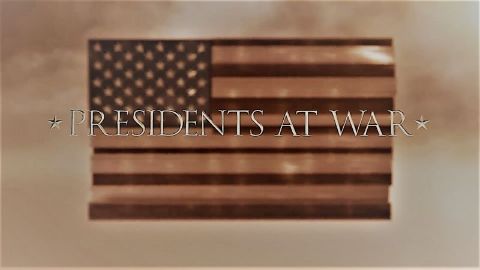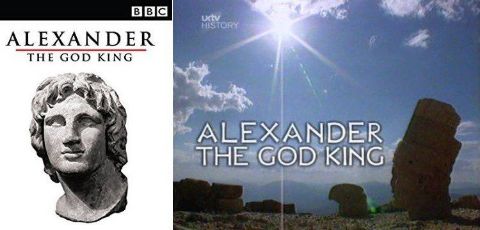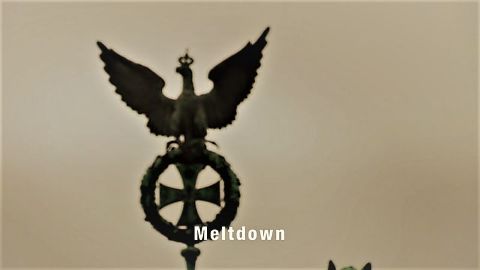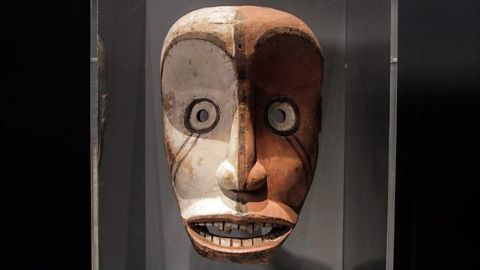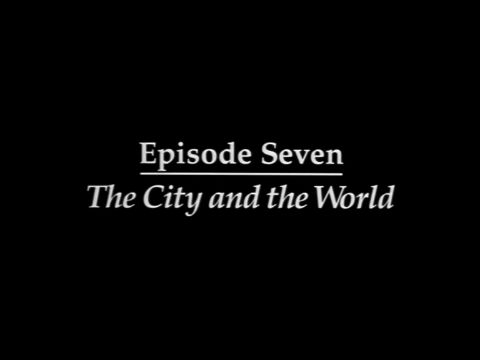Eight Days That Made Rome • 2017 • 5 episodes •
Bettany Hughes recalls eight pivotal days that defined the Roman Empire and its establishment as the world's first superpower. She begins by exploring the day in 202BC when Rome defeated the might of Carthage under Hannibal at the Battle of Zama in modern-day Tunisia "Eight Days That Made Rome is a docu-drama that leaves behind the conventional chronologies of Rome's thousand-year history and brings razor-sharp focus to eight days that created, tested and defined its greatness. Each programme works as a stand-alone, as strong in its own right as part of a series and reveals a Rome relevant to us today, with its noblest and darkest instincts still resonating in the world around us."
2017 • History
Presenter Bettany Hughes explores the day in 32BC when Octavian, Julius Caesar's adopted son, stole the secret will of Mark Antony, his most dangerous political rival. The document's release gave Octavian crucial support in the civil war that followed and allowed him to establish himself as Rome's first emperor, Augustus.
2017 • History
Beginning with the day, around 60 AD, when Roman troops invaded Boudica's settlement, flogged her and raped her daughters, Bettany Hughes reveals the stark realities of brutal Roman rule. The outrage provoked the Iceni queen to lead a revolt that came perilously close to ending the Roman occupation of Britannia.
2017 • History
Bettany Hughes explores the day in 80AD when the Colosseum opened its gates for the first time. For new emperor Titus, the spectacular games and events were an opportunity to win over the people and secure his place on the imperial throne, but why did the Romans - cultured and civilised in so many ways - enjoy witnessing such brutality and bloodletting? Bettany travels across the Roman world in a bid to find answers.
2017 • History
In the final part of the series Bettany Hughes recalls the time that marked Rome's symbolic break with its 1,000-year pagan past - the day in 337AD that Emperor Constantine the Great was baptised a Christian. It was a moment of profound significance not just for the empire, but for the history of the world and one of its major religions. Constantine was one of the last great Roman emperors to rule over a united empire, giving it a new capital - Constantinople, today known as Istanbul - a city which would one day eclipse Rome as the greatest city on Earth.
2017 • History
